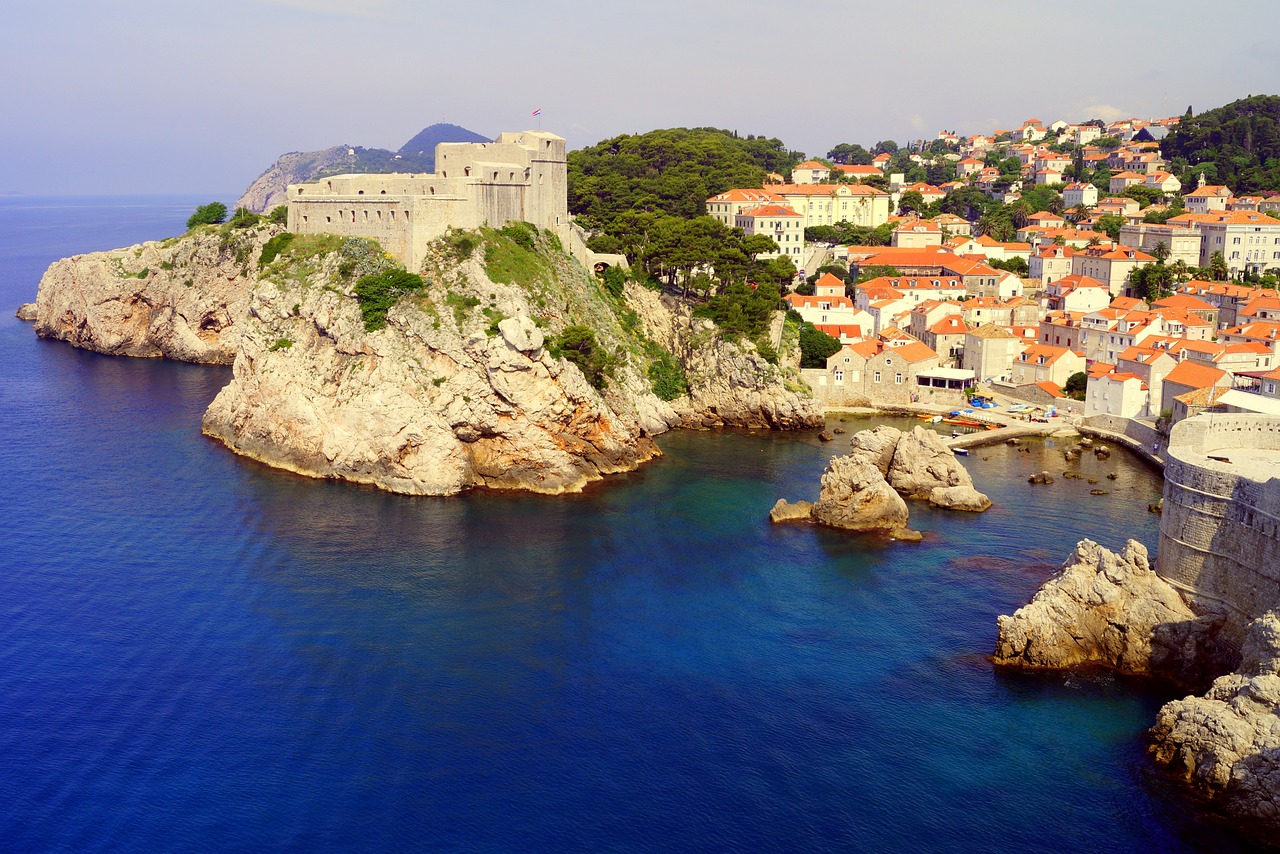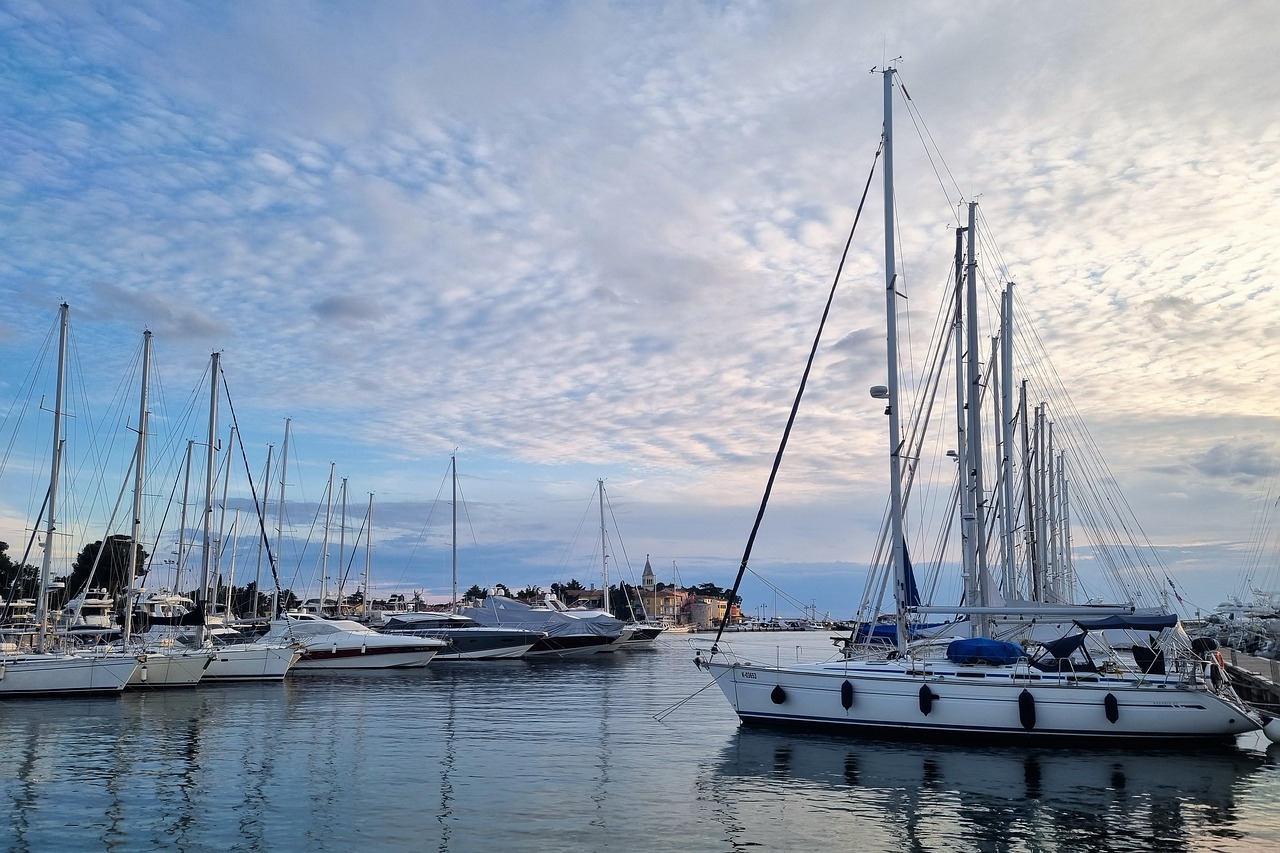Croatia Video
Language and Communication: Overcoming Barriers in Croatia
Language and communication play a crucial role in connecting people and fostering understanding. In a diverse country like Croatia, where multiple languages are spoken, overcoming language barriers becomes essential for effective communication. This article explores the challenges faced in Croatia and how individuals and organizations are working towards bridging these gaps.
Section 1: Multilingualism in Croatia
Croatia, located in Southeast Europe, is a country known for its rich cultural heritage and stunning landscapes. With a population of over 4 million, Croatia is home to various ethnic groups, each with their own languages and dialects. The official language is Croatian, which is closely related to Serbian, Bosnian, and Montenegrin. Additionally, many Croatians are fluent in English, German, Italian, and other foreign languages.
- English: English is widely spoken in Croatia, especially in tourist areas and major cities. It is taught in schools from an early age, making it easier for tourists and foreigners to communicate.
- German: German is also commonly spoken, particularly in regions with a significant German-speaking population. Many Croatians learn German as a second language, further facilitating communication.
- Italian: Due to historical ties with Italy and the presence of Italian-speaking communities, Italian is spoken in specific regions of Croatia, such as Istria and Dalmatia.
Section 2: Challenges Faced by Foreigners
While Croatia boasts multilingualism, there are still challenges faced by foreigners when it comes to language and communication. These challenges can hinder effective interaction and integration.
- Language Barrier: The language barrier can pose difficulties for foreigners who do not speak Croatian or other local languages. Simple tasks such as asking for directions or ordering food can become challenging.
- Cultural Differences: Cultural differences may also impact communication. Understanding Croatian customs and social norms can help bridge the gap and facilitate better communication.
- Limited English Proficiency: While English is widely spoken, some individuals, particularly older generations, may have limited English proficiency. This can be a barrier for communication in certain contexts.
Section 3: Overcoming Language Barriers
Efforts are being made in Croatia to overcome language barriers and promote effective communication among diverse communities.
- Language Courses: Language courses are available for foreigners who wish to learn Croatian or improve their language skills. These courses help individuals integrate into Croatian society and communicate effectively.
- Translation Services: Translation services play a vital role in bridging language gaps. Many organizations and businesses provide translation services to assist foreigners in various situations, from legal documents to tourist information.
- Language Apps: With advancements in technology, language learning apps have become popular tools for overcoming language barriers. These apps provide interactive lessons and real-time translation, making communication more accessible.
Croatia Image 1:

Section 4: Sign Language Interpretation
For individuals with hearing impairments, sign language interpretation plays a crucial role in ensuring effective communication.
- Sign Language Interpreters: Croatia has a network of sign language interpreters who assist individuals with hearing impairments in various settings, including educational institutions, healthcare facilities, and public events.
- Accessibility: Efforts are being made to improve the accessibility of public spaces, including the provision of visual aids and sign language interpretation services.
Section 5: Tourist Information Centers
Tourist information centers play a vital role in providing language assistance and facilitating communication for tourists visiting Croatia.
- Language Support: Tourist information centers employ multilingual staff who can provide assistance in various languages, including English, German, and Italian.
- Maps and Brochures: These centers offer maps, brochures, and other informational materials in multiple languages to help tourists navigate Croatia and learn about its attractions.
Section 6: Croatia Image 2:

Section 7: Online Language Resources
The internet provides a wealth of language resources that can aid in overcoming language barriers in Croatia.
- Language Learning Websites: Numerous websites offer free language learning resources for those interested in learning Croatian or other languages spoken in Croatia.
- Online Translation Tools: Online translation tools, such as Google Translate, can help bridge the language gap and facilitate basic communication.
Section 8: Cultural Exchange Programs
Cultural exchange programs foster understanding and communication between Croatians and foreigners.
- Student Exchange Programs: Educational institutions in Croatia offer student exchange programs, allowing students from different countries to study and immerse themselves in Croatian culture.
- Volunteer Programs: Volunteer programs provide opportunities for foreigners to contribute to Croatian society while learning about its language and culture.
Section 9: Croatia Image 3:

Section 10: Interpreting Services
Interpreting services are crucial in ensuring effective communication in various contexts, such as business meetings, conferences, and legal proceedings.
- Professional Interpreters: Croatia has a pool of professional interpreters who provide simultaneous or consecutive interpretation services in different languages.
- Conference Interpretation: International conferences held in Croatia often provide interpretation services to accommodate participants who speak different languages.
Section 11: Language Exchange Programs
Language exchange programs offer a platform for individuals to improve their language skills while interacting with native speakers.
- Tandem Language Learning: Tandem language learning programs connect language learners who want to practice their target language with native speakers who want to learn their language.
- Conversation Exchange: Conversation exchange programs facilitate language practice through informal conversations between individuals who speak different languages.
Section 12: Conclusion
Language and communication barriers can be overcome through various means, including language courses, translation services, sign language interpretation, and online resources. Efforts in Croatia are aimed at promoting effective communication and fostering understanding among diverse communities. By embracing multilingualism and providing language support, Croatia continues to create an inclusive environment for both locals and foreigners.
References
- Croatian National Tourist Board: croatia.hr
- Ministry of Foreign and European Affairs: mvep.hr
- European Commission: ec.europa.eu
- World Tourism Organization: unwto.org


